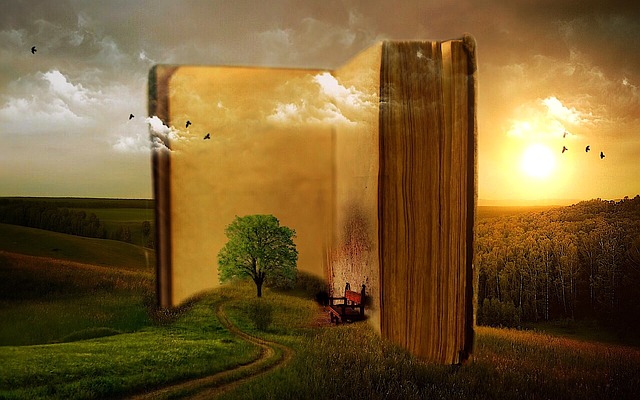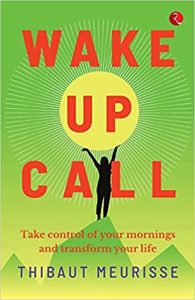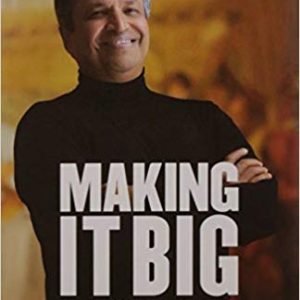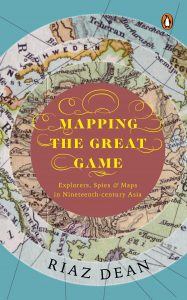
It was a dark and stormy night in the midst of ferocious monsoons. The setting was just right. It seemed to be an apt occasion to read “Frankenstein” to my 10-year old who yearned for fantasy fiction from the times of my childhood. So, I turned to Mary Shelley’s great work of fiction to enthrall my son. I remembered being awe-struck as a child when I first read Frankenstein. When I re-read it with my son in tow, I realized that the novel continues to entice and interest even now. It is in effect a part of what I call timeless literature.
We live in different times than the one Mary Shelley lived in and the world she had imagined. But oddly, Frankenstein seems so plausible even today. Don’t people still struggle with the dilemma of how much is too much when it comes to defying the laws of nature? The sad distance between the creator and the creation- born out of bafflement and misunderstanding is also true of our world today. “The Creature” in Frankenstein, who is unloved for no fault of his own and turns therefore to destruction, echoes the sentiments of millions of people who suffer abandonment thanks to the actions of somebody else- somebody powerful, somebody in control. It is no wonder then, that the appeal of Frankenstein continues even 200 years after it was first published.
My thoughts turn to another beloved writer who marked her 200th death anniversary last year- Jane Austen. In an age where marriage and relationships have changed drastically, her hero, Mr. Darcy, from Pride and Prejudice, remains every woman’s dream man. Elizabeth Bennet continues to be the quintessential ‘ideal’ woman. We still identify with the emotional nuances of her characters across all her stories, no matter how rooted they are to the times she wrote in. Even 200 years on, Austen’s stories seem relevant to our times. They touch a chord somewhere in our hearts and we can identify with the rich inner life of the characters.
Coming to darker works, anyone who has read A Tale of Two Cities by Charles Dickens would testify that it reflects the inequalities of the current times. The prison scenes described in the book could well describe a modern prison that inflicts psychological damage. Oliver Twist may evoke horror at the way children are treated and the plights of the poor. Is it different today when child labour is still so rampant? The 1837 novel may well reflect realities of 2018. Scrooge from The Christmas Carol also echoes the apathy of the common man today.

I have been interested in the story of Italian Renaissance artist Artemisia Gentileschi (1592-1653). She survived the unimaginable- rape, social ostracism and scandal. In a world where women were not known for ‘work skills’ she emerged as a gifted artist. Her story has been fictionalized in a few books. But, I find a striking resemblance with the current state of women in many parts of the world. The struggles she faced as a woman- being sexually abused, having to prove her talent in a male-dominated world and so on are shockingly true even today!
I recently met my school teacher, Rati Wadia, who is an authority on Shakespeare. She spoke about the timeless appeal of the bard’s themes and his characters. The themes of revenge and hatred are well showed in The Merchant of Venice. Racial discrimination and inter-racial hatred also form a crux of the play. Does it sound familiar to the situation today? Or perhaps the story of absolute power and how it corrupts in Julius Caesar? These themes transcend the individual and reflect society. However, the more personal themes which apply to the individual are also equally relevant. He talks about love in most of his works, jealousy (in Othello), greed and guilt in Macbeth and so on. This insight transcends time- yes, even 400 years after his death!
When I look at all these instances together, I feel that the role of literature in our society and our day to day life, is probably not given the importance it should be given. Literature mirrors what humankind is and what it can be. It is indeed a reflection pointing to the past and the future. It reflects what we were and what we can be. It describes….and it warns. Why do we not have systems then to take timeless literature more seriously as a tool for change? Perhaps these revelations of timelessness indicate that maybe, after all, some things can never change!




